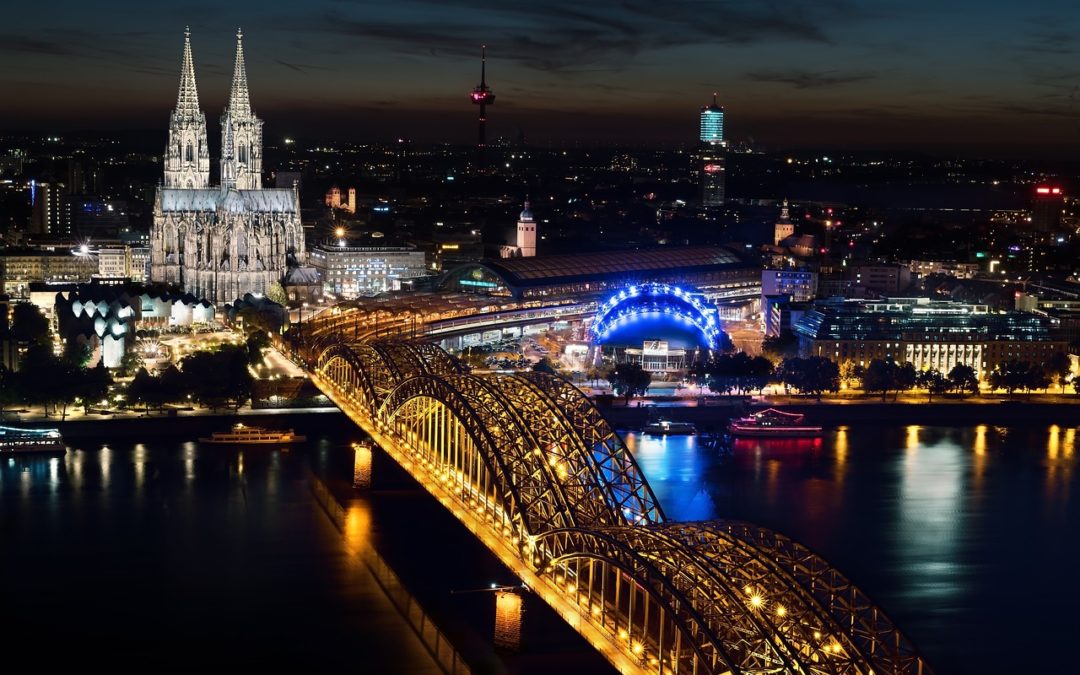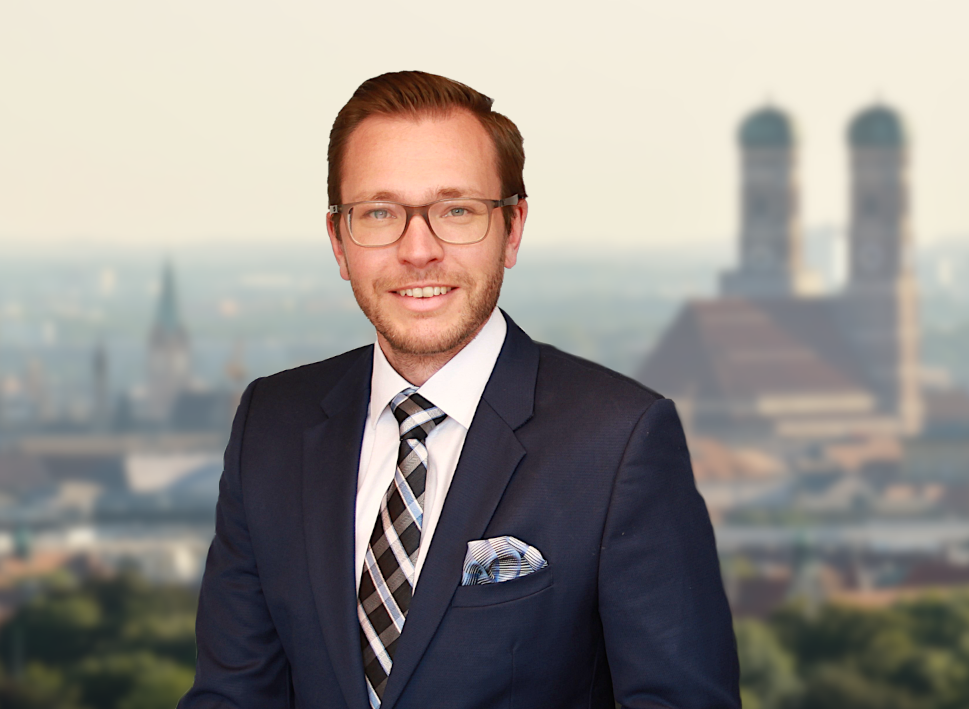Nestled along the banks of the Rhine River, Cologne exudes a captivating blend of historical charm, cultural richness, and modern sophistication. As one of Germany’s oldest cities and a major hub of commerce and culture, Cologne’s real estate market reflects its status as a dynamic metropolis, where tradition meets innovation, and quality of life reigns supreme. Against the backdrop of Germany’s evolving urban landscape, Cologne’s real estate sector emerges as a beacon of stability, growth, and opportunity.
Cologne: Where History Meets Modernity
Cologne’s rich history dates back over two millennia, with landmarks such as the iconic Cologne Cathedral and the Romanesque churches of the Altstadt (Old Town) bearing testament to its ancient heritage. Yet, beyond its historical landmarks, Cologne pulsates with cosmopolitan energy and youthful vigor, fueled by a vibrant arts scene, world-class museums, and a thriving culinary culture. With its picturesque riverfront promenades, bustling pedestrian streets, and lively beer gardens, Cologne offers residents a high quality of life amidst a tapestry of cultural experiences.
The Cologne Real Estate Landscape
Cologne’s real estate market is as diverse as the city itself, offering a range of properties from historic townhouses in the Altstadt to modern apartments in bustling neighborhoods like Ehrenfeld and Nippes. With its strong economy, low unemployment rate, and robust transportation infrastructure, Cologne attracts a diverse mix of residents, investors, and businesses seeking opportunity and prosperity in the heart of the Rhineland.
One of the defining features of Cologne’s real estate market is its resilience and adaptability. Despite occasional market fluctuations, property values in Cologne have remained relatively stable, underpinned by strong demand from both domestic and international buyers. The city’s reputation for cultural vibrancy, economic vitality, and livability positions Cologne as a prime destination for real estate investment and development.
Trends Shaping Cologne’s Real Estate Market
Several key trends are shaping the trajectory of Cologne’s real estate market, reflecting the city’s evolving demographics, economic dynamics, and cultural landscape:
- Waterfront Revitalization: The redevelopment of Cologne’s waterfront areas, such as the Rheinauhafen and Deutz districts, has transformed former industrial sites into vibrant mixed-use communities with residential, commercial, and recreational amenities. These waterfront districts offer residents and visitors alike a unique urban experience with stunning views of the Rhine River and proximity to cultural attractions.
- Urban Regeneration: Neighborhoods like Ehrenfeld and Mülheim are undergoing revitalization as former industrial spaces are repurposed into creative hubs, coworking spaces, and cultural venues. This urban regeneration attracts young professionals, artists, and entrepreneurs seeking affordable living spaces and vibrant communities in close proximity to the city center.
- Sustainability and Green Living: With a growing emphasis on sustainability and environmental stewardship, Cologne is embracing green building practices and eco-friendly urban planning initiatives. Projects like the RheinEnergieSTADION redevelopment and the Agnesviertel Eco-District exemplify Cologne’s commitment to creating sustainable neighborhoods that prioritize energy efficiency and quality of life.
- Digital Innovation: Cologne’s burgeoning tech and startup ecosystem is driving demand for flexible office spaces, innovation centers, and digital infrastructure. Areas like the Mediapark and the Cologne Innovation Hub have become magnets for tech companies, entrepreneurs, and investors seeking to capitalize on Cologne’s position as a hub of digital innovation and creativity.
Cologne in the Context of Germany’s Real Estate Market
Within the broader landscape of Germany’s real estate sector, Cologne occupies a central position as a cultural, commercial, and logistical hub in the heart of Europe. While cities like Berlin and Munich may garner more international attention, Cologne’s reputation for cultural vibrancy, economic resilience, and high quality of life make it an attractive destination for real estate investment and lifestyle.
As Germany continues to embrace urbanization, sustainability, and innovation, Cologne’s real estate market is poised for further growth and transformation. While challenges such as housing affordability and transportation infrastructure remain areas of concern, Cologne’s dynamic spirit, cultural richness, and strategic location on the Rhine River bode well for its future as a premier destination for real estate investment and development.
In conclusion, Cologne’s real estate market reflects the city’s unique blend of history, culture, and modernity, where tradition meets innovation, and quality of life thrives. As investors, residents, and visitors alike are drawn to Cologne’s dynamic energy and cultural diversity, the city’s real estate sector stands as a testament to its enduring appeal and potential for continued growth and prosperity.
The Ruhr Region: A Tapestry of Industrial Heritage and Urban Renewal
Stretching across the heart of North Rhine-Westphalia, the Ruhr region is a vibrant tapestry of industrial heritage, cultural diversity, and urban renewal. Comprising cities such as Dortmund, Essen, Duisburg, and Bochum, the Ruhr region’s real estate market reflects its rich history of coal and steel production, as well as its ongoing transformation into a hub of innovation, creativity, and sustainability. Against the backdrop of Germany’s evolving urban landscape, the Ruhr region’s real estate sector emerges as a symbol of resilience, reinvention, and community.
The Ruhr Region: From Industrial Heartland to Cultural Capital
The Ruhr region’s history is deeply intertwined with the rise and fall of heavy industry, with coal mining and steel production once driving the region’s economy and shaping its identity. Today, remnants of this industrial past can be seen in the region’s iconic landmarks, such as the Zollverein Coal Mine Industrial Complex in Essen, now a UNESCO World Heritage Site. Yet, beyond its industrial heritage, the Ruhr region pulsates with cultural vitality, with museums, theaters, and festivals celebrating its diverse cultural heritage and artistic expression.
The Ruhr Region Real Estate Landscape
The Ruhr region’s real estate market is as diverse as its cities, offering a range of properties from historic miners’ cottages to modern loft apartments in repurposed industrial buildings. With its affordable housing prices, ample green spaces, and excellent transportation infrastructure, the Ruhr region attracts a diverse mix of residents, investors, and businesses seeking opportunity and community in a dynamic urban setting.
One of the defining features of the Ruhr region’s real estate market is its adaptability and resilience. Despite the decline of traditional industries, property values in the Ruhr region have remained relatively stable, underpinned by strong demand from both local residents and newcomers seeking affordable living spaces and cultural vibrancy. The region’s reputation for innovation, creativity, and community spirit positions it as a prime destination for real estate investment and development.
Trends Shaping the Ruhr Region’s Real Estate Market
Several key trends are shaping the trajectory of the Ruhr region’s real estate market, reflecting the region’s evolving demographics, economic dynamics, and cultural landscape:
- Industrial Heritage Redevelopment: Former industrial sites and brownfield areas are being repurposed into mixed-use developments, cultural venues, and green spaces, revitalizing neighborhoods and preserving the region’s industrial heritage. Projects like the Landschaftspark Duisburg-Nord and the Phoenix See in Dortmund exemplify this trend, attracting residents and visitors with their unique blend of history and modernity.
- Creative and Cultural Hubs: Cities like Essen and Dortmund are emerging as cultural and creative hubs, with initiatives such as the Ruhrtriennale and the Dortmunder U fostering artistic expression and community engagement. These cultural investments attract young professionals, artists, and entrepreneurs seeking affordable living spaces and vibrant cultural scenes in urban environments.
- Sustainable Urban Development: With a growing emphasis on sustainability and environmental stewardship, the Ruhr region is embracing green building practices and eco-friendly urban planning initiatives. Projects like the Emscher Park and the Green Capital Essen initiative demonstrate the region’s commitment to creating sustainable neighborhoods that prioritize energy efficiency and quality of life.
- Innovation and Technology: The Ruhr region’s universities and research institutions are driving innovation and entrepreneurship, with initiatives such as the InnovationCity Ruhr and the Ruhr Hub fostering collaboration and creativity. Areas like the Grugapark in Essen and the Science Park in Bochum have become magnets for tech companies, startups, and investors seeking to capitalize on the region’s intellectual capital and industrial legacy.
The Ruhr Region in the Context of Germany’s Real Estate Market
Within the broader landscape of Germany’s real estate sector, the Ruhr region occupies a distinctive position as a cultural, creative, and innovative hub with a rich industrial heritage. While cities like Berlin and Munich may garner more international attention, the Ruhr region’s reputation for affordability, cultural vibrancy, and community spirit make it an attractive destination for real estate investment and lifestyle.
As Germany continues to embrace urbanization, sustainability, and innovation, the Ruhr region’s real estate market is poised for further growth and transformation. While challenges such as economic restructuring and social inclusion remain areas of concern, the region’s resilient spirit, cultural richness, and collaborative ethos bode well for its future as a premier destination for real estate investment and development.
In conclusion, the Ruhr region’s real estate market reflects its unique blend of industrial heritage, cultural vitality, and urban renewal, where tradition meets innovation, and community thrives. As investors, residents, and visitors alike are drawn to the region’s dynamic energy and creative spirit, its real estate sector stands as a testament to its enduring appeal and potential for continued growth and prosperity.


